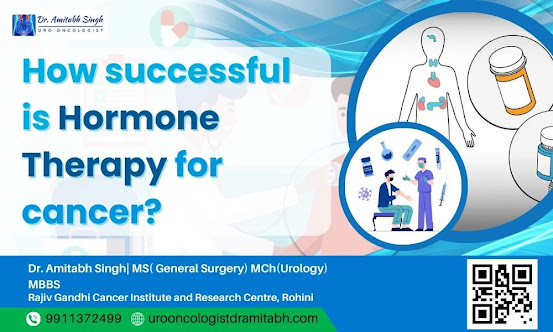How Kidney Cancer Develops – And What You Can Do About It

How Kidney Cancer Begins Kidney cancer, or renal cancer, starts when cells inside the kidneys begin to grow and multiply abnormally. The most common type is renal cell carcinoma (RCC), which usually starts in the lining of the kidney’s small tubes. In its early stages, kidney cancer often goes unnoticed due to the absence of symptoms. But as it progresses, it can interfere with kidney function and even spread to nearby organs. Early detection by the Best Uro Onco Specialist in Delhi can make a significant difference in treatment outcomes. Major Risk Factors for Kidney Cancer 1. Smoking damages kidney tissues and increases cancer risk. 2. High Blood Pressure – A leading cause of kidney damage. 3. Obesity – Hormonal imbalance due to extra fat can promote cancer growth. 4. Family History – A close relative with kidney cancer raises your risk. 5. Prolonged Dialysis – May result in kidney cysts that can turn cancerous. 6. Chemical Exposure – Contact with toxins like cadmium or asbestos adds...


















